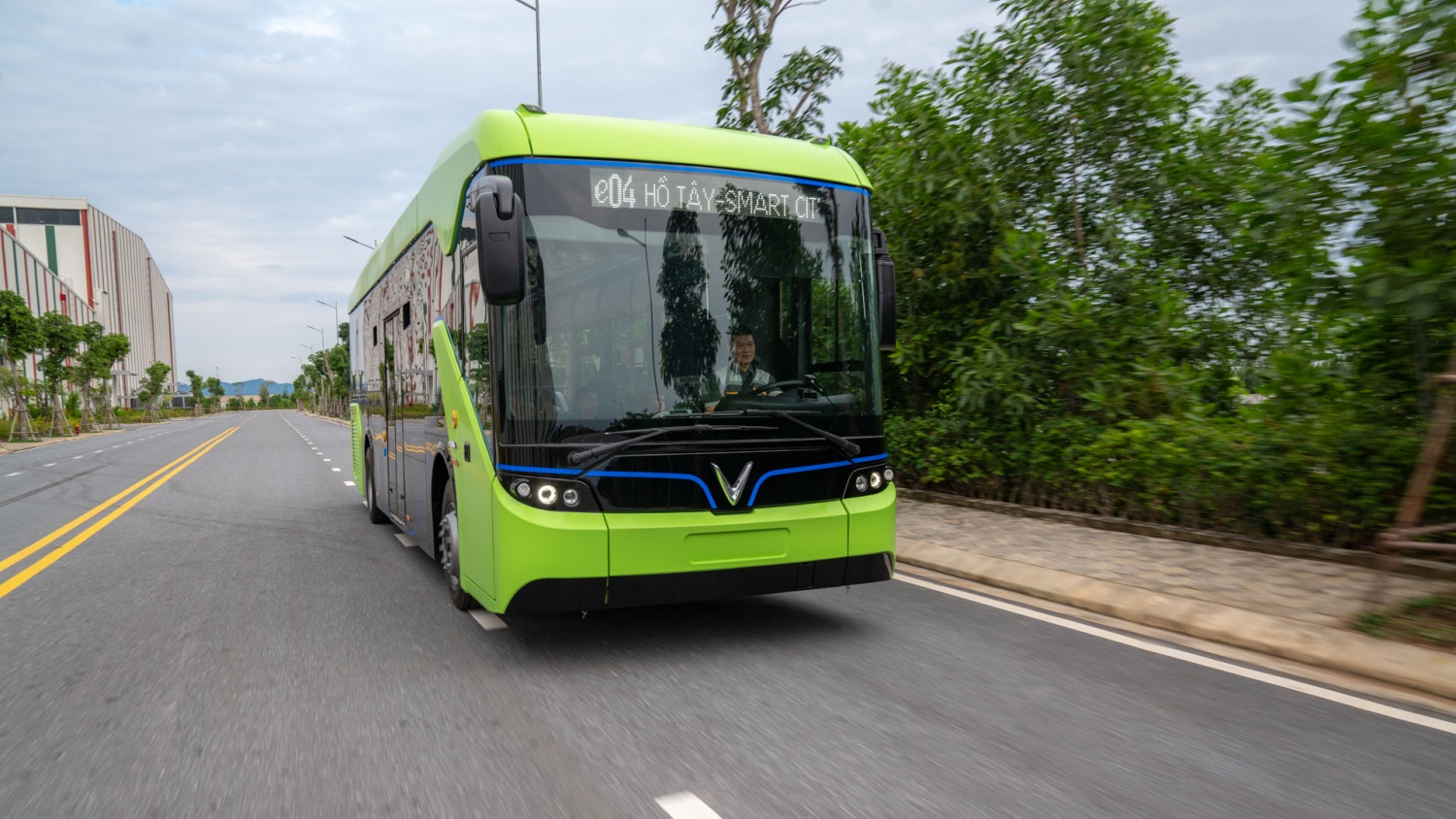Vietnam is taking big steps to achieve a green and sustainable future. In its latest strategy for green energy transition, the country announced it would impose restrictions on the manufacture and import of vehicles using fossil fuels from 2040.
The Vietnamese government is working on a national strategy on climate change through 2050 to guide all relevant sectors and stakeholders through the transition to green energy and the reduction of carbon and methane emissions.
This follows Prime Minister Pham Minh Chinh’s pledge at the COP26 in November 2021 that Vietnam will take stronger measures to achieve net-zero emissions by 2050. At the climate change conference in Glasgow, the Vietnamese leader reaffirmed the country’s continuing policy of transitioning from a “brown” economy to one based on green, renewable energy with low carbon emissions, with a roadmap suitable to the country’s development needs and capacity.
During the 2022-2030 period, Vietnam will pilot the use of electric and green energy trains on existing railway lines, targeting to use all powered rail vehicles by 2050.

The new plan of action also pledges to use 100% sustainable aviation fuel and green energy for Vietnamese aircraft to reduce greenhouse gas emissions.
All road vehicles should also be powered by electric or green energy by 2050. Vietnam targets to set up more charging stations nationwide.
Of the more than 200 bus routes across Vietnam, only about a dozen are electric — all operated by VinBus, the transport service arm of Vingroup. Most of the electric buses, the first of its kind in Vietnam, are plying through Hanoi streets. One route operates in Ho Chi Minh City. The company said it will roll out more units n HCMC in the third and fourth quarters.

VinFast, also a member of Vingroup, recently inaugurated its first electric vehicle charging station at the PVOIL petrol station in Hai Phong city. The Vietnamese automaker will be installing a chain of nearly 300 charging stations at PVOIL nationwide this year.
In a report published by the state-run news site, the ministries of planning and investment, industry and trade, transport and construction have all introduced their actions plans to implement their commitment at the COP26.
Other ministries and agencies have also been actively drafting their strategies and signing agreements with international organizations and financial institutions to lessen disruptions to the economy as the country ushers in more sustainable developments.
Earlier this year, the government approved the National Strategy on Environment Protection to 2030 with visions to 2050, “which targets to ensure environmental security, establish and develop circular, green and low-carbon economic models, striving to reach the nation's sustainable development goals by 2030,” the report read.
The strategy also focuses on protecting natural heritage, restoring ecosystems, and preventing biodiversity loss, thus contributing to improving climate change adaption capacity and reducing greenhouse gas emissions, it added.
